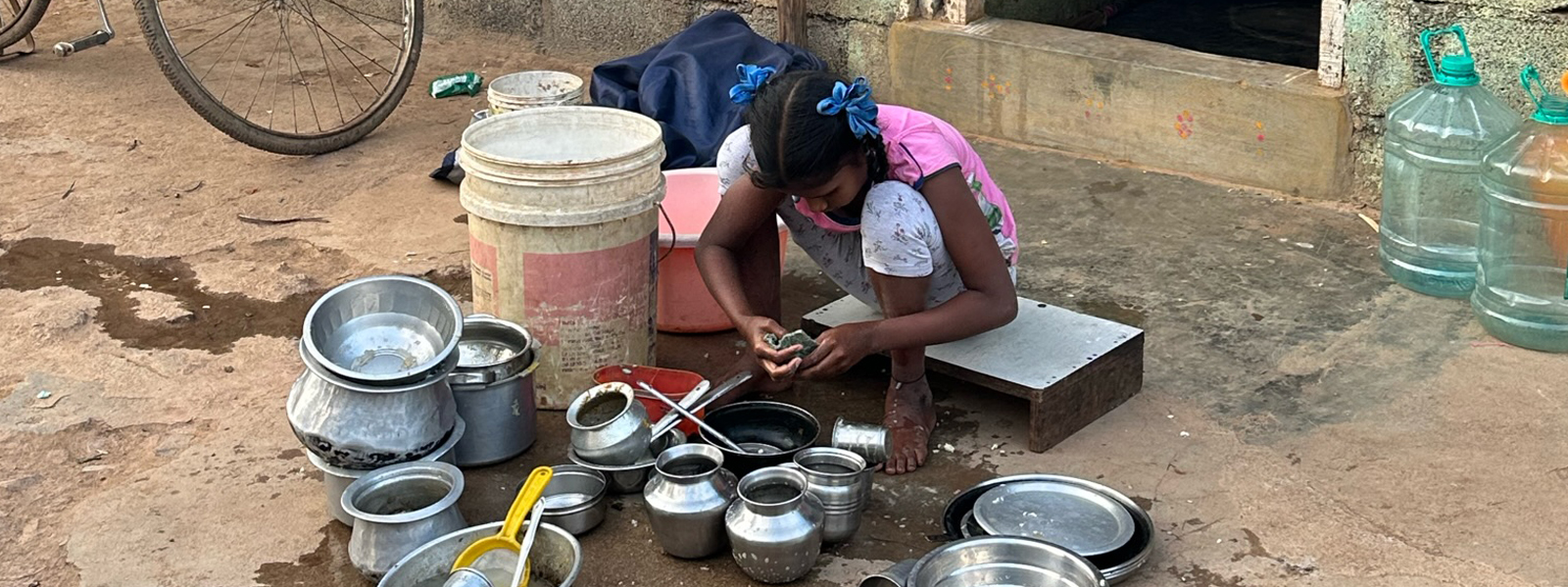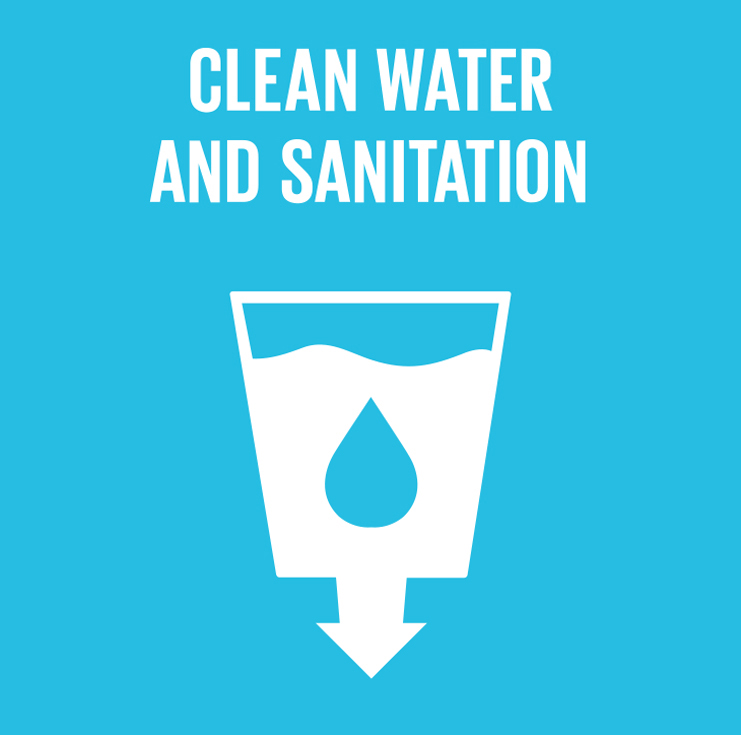

Sanitation


Brand new toilets in collaboration with The Rotary
Thanks to the invaluable support of the Rotary Club of Bangalore, EIGHT brand new toilets have been constructed to address a critical need in our community. The club also installed street lights around the toilets to provide a safe environment. Previously, with only 4 dilapidated toilets serving hundreds of people, the situation was dire. Now, thanks to this essential intervention, we have significantly improved sanitation and hygiene for countless individuals. Our next project is to provide hand wash facility outside the toilets and educating the community on the importance of personal hygiene.
Shower stalls
Often, many girls and women in slums are forced to bathe in public spaces, which can be uncomfortable and unsafe. Even if not completely public, the available options are often much less than ideal.
Our straightforward solution to address this matter involved the creation of robust and long-lasting shower enclosures. These enclosures offer a private area for bathing and maintaining hygiene for all residents, with a particular focus on benefiting young women and girls.
The shower cubicles are made with three walls, a door which locks. They are equipped with water supply and drainage facilities, making them a sustainable solution for addressing sanitation needs; and have the potential to make a significant impact on the lives of girls and women, empowering them to lead a healthy and dignified life.
Environmental clean-up
The residents of the community inhabited an enclosed area characterised by stagnant, damp water, providing a breeding ground for mosquitoes and disease. This unused, fairly large open area of 4,500 square feet was covered by a thick growth of parthenium, that is known to cause various allergies like dermatitis and hay fever and sometimes deadly diseases like asthma and bronchitis. In the summer months, the inhabitants, particularly children, suffered from persistent coughs and allergies due to airborne dust and spores from parthenium. We have worked hard for months clearing this space of parthenium, with the help of Urban Mail and the local community members, digging up several layers of Earth that had embedded non-biodegradable waste that had been collecting for years. In this space we have built a kabaddi/volley ball court, organic community kitchen garden and an indoor-outdoor covered space using repurposed shipping containers that has been serving as a hub for various activities, from education to communal meetings and health check-up camps. As a next step we are providing education on the importance of maintaining clean and hygienic surroundings to promote overall well-being.
Educating the community on global warming is high on our list. We are ready to install simple, DIY composters within the kitchen garden, educate the community, all age groups, of how organic waste in our mile-high landfills cause green-house gases and how every single person can take responsibility in reducing one’s own carbon footprint by taking up composting their kitchen and garden waste. We have collaborated with SWMRT (Solid Waste Management Round Table), Bangalore, to install various kinds of composters and educate the community on how to use and maintain as well as the benefits of composting.
Stray dogs
Stray dogs are an important part of the community as they move around and interact with the community members. While they may be cute, these dogs are often unvaccinated, which is unsafe for both the dog and the humans.
One of the first initiatives was to locate all the stray dogs within this community, get them vaccinated (against rabies, canine distemper, parvo and other commonly found infections in strays in India) and sterilized to help contain their population. Sterilization also helps control their aggressive behaviour. Vaccination and deworming of all strays in this community is being done annually.
Recently, we noticed that one of the dogs was infested with ticks We quickly addressed it by purchasing and feeding all of them Bravacto, which will keep them healthy for at least 6 months. A healthy dog is a happy dog and safe residents.
The Government of India protects stray dogs and its illegal to relocate stray dogs since it reduces their chances of survival. The only way to address the stray dog issue in India is to ensure that the dogs are sterilized, vaccinated annually, dewormed periodically and fed by local residents. There are also several adoption agencies who periodically put up pups for adoption.
Copyright © 2025 Anugraha Project. All rights reserved.
